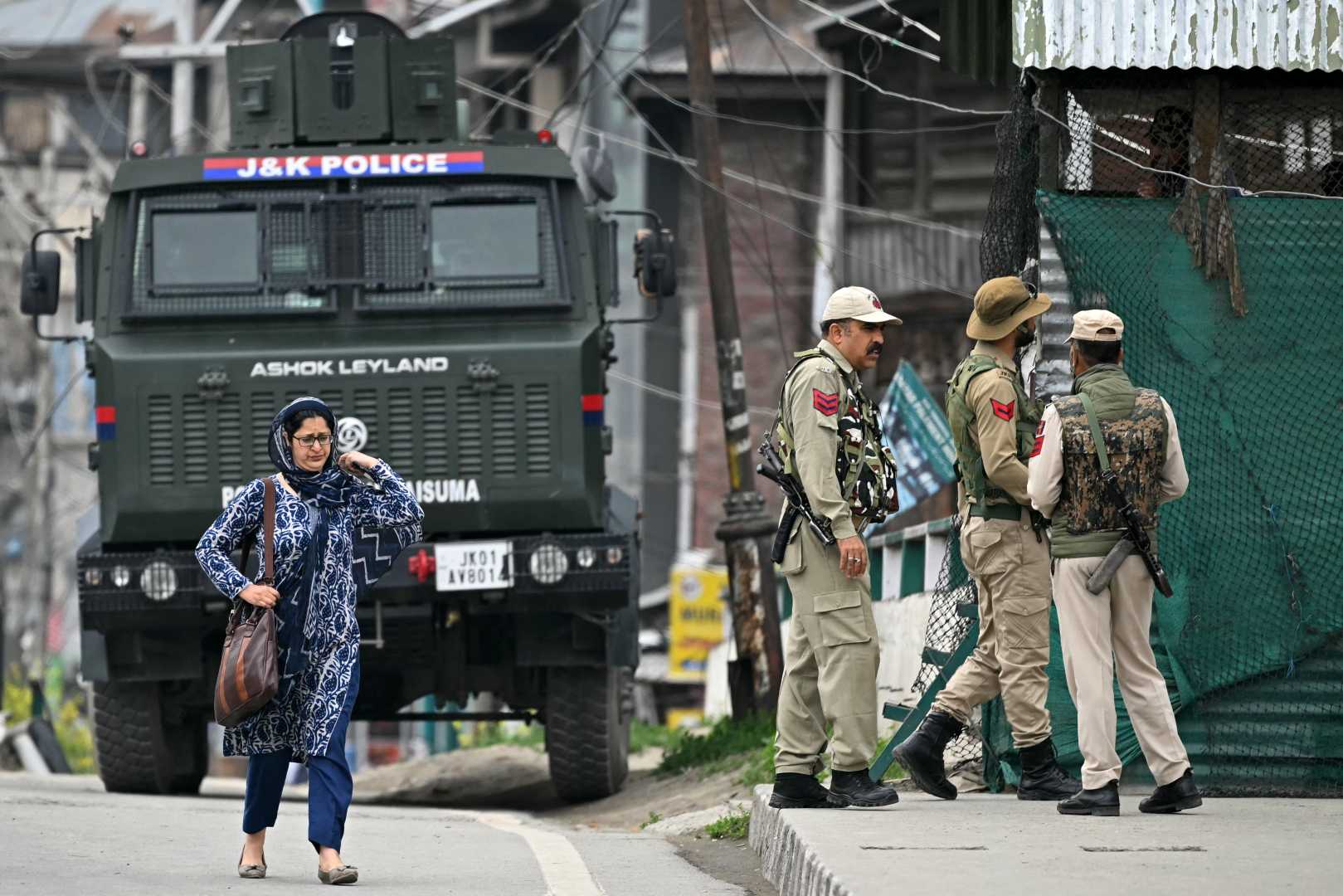World
Tensions Rise as India and Pakistan Clash in Renewed Conflict

NEW DELHI, India — Nearly two weeks after India and Pakistan declared a cease-fire following escalating tensions, disputes over the events leading to the conflict remain unresolved. India accuses Pakistan of being behind a terrorist attack on April 22 in Kashmir that killed 26 individuals, a claim Pakistan rejects.
On May 7, India launched missile strikes aimed at targets in Pakistan linked to terrorist organizations Lashkar-e-Taiba and Jaish-e-Mohammed. Both nations are contesting the extent and consequences of these assaults. The Pakistani military reported the downing of Indian fighter jets, whereas India maintains it shot down Pakistani aircraft during dogfights.
The U.S. played a crucial role in de-escalating the hostilities. Although Pakistan expressed gratitude to President Donald Trump for his mediation efforts, India denied any American involvement. The situation, however, marked a significant escalation in the longstanding India-Pakistan conflict.
While previous military responses from India have been relatively contained, the recent Operation Sindoor targeted beyond disputed Kashmir, hitting significant military assets in central Pakistan. India aimed to assert its military strength and deter Pakistan from supporting militant groups attacking its territory. This action, however, may have backfired, bolstering the reputation of the Pakistani military at home.
The clash has emboldened Pakistani leadership, particularly in light of recent political repression and economic crises. General Asim Munir received promotion to field marshal following what Pakistan hailed as a successful defense against Indian aggression.
Despite hopes from India that its strikes would deter Pakistan, the military’s backing was strengthened amidst public support in Pakistan. A Gallup Pakistan poll indicated that 96% of respondents believed their country emerged victorious from the recent conflict.
Following the strikes, India suspended the Indus Water Treaty, which regulated transboundary water resources, accusing Pakistan of failing to prevent terrorist attacks. In the wake of escalating military actions, both sides remain poised for further conflict, raising fears of a potential nuclear standoff.
In this regard, Indian Prime Minister Narendra Modi aimed to project strength, resisting what he termed Pakistan’s ‘nuclear blackmail.’ As the tensions draw international attention, experts caution that misunderstandings and miscalculations could lead to more serious confrontations should hostilities resume.












